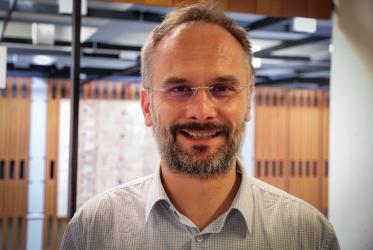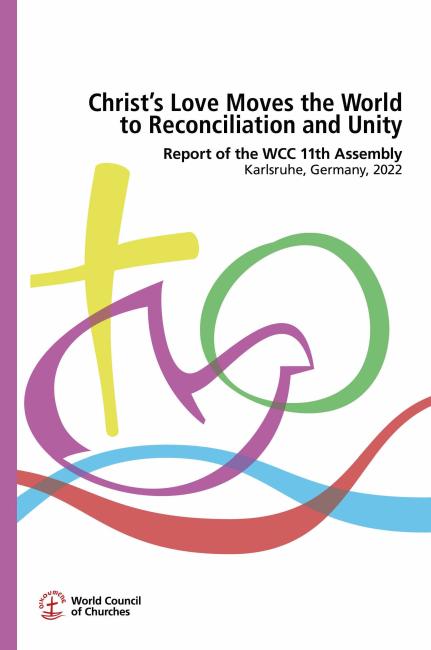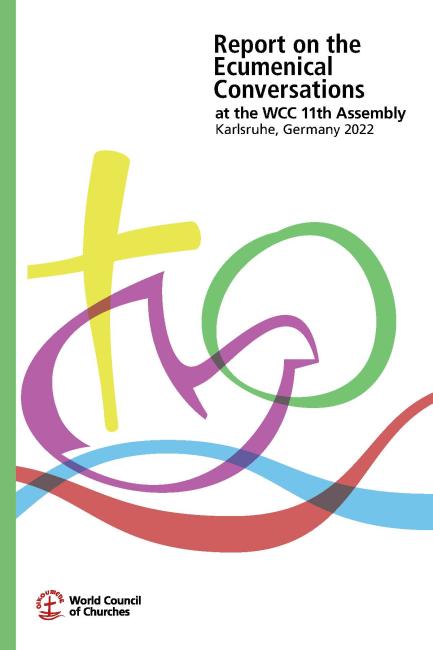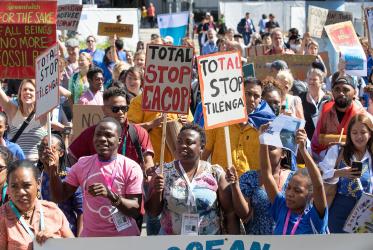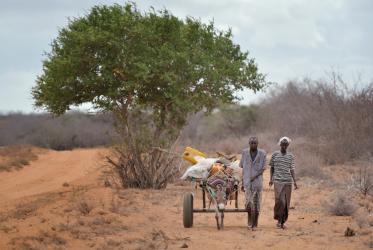Displaying 21 - 40 of 133
Churches respond to Malawi cyclone disaster
29 March 2023
HIV and AIDS Civil Society Networks and the Faith Sector
Lessons Learnt from Strategic Engagement in India, Dominican Republic, Indonesia, and Jamaica
31 January 2023


